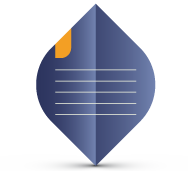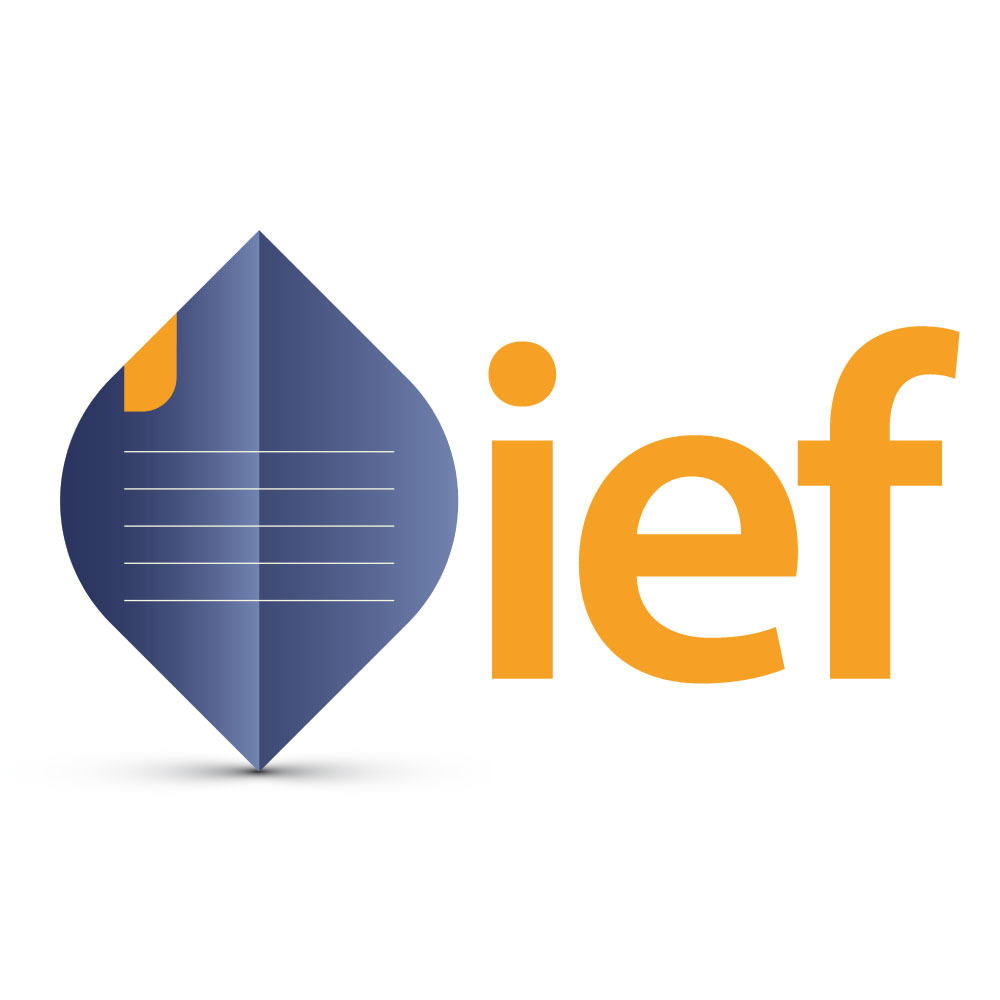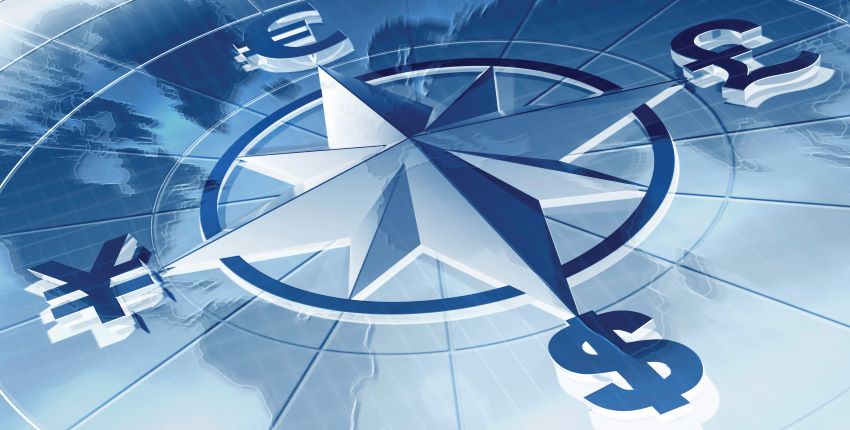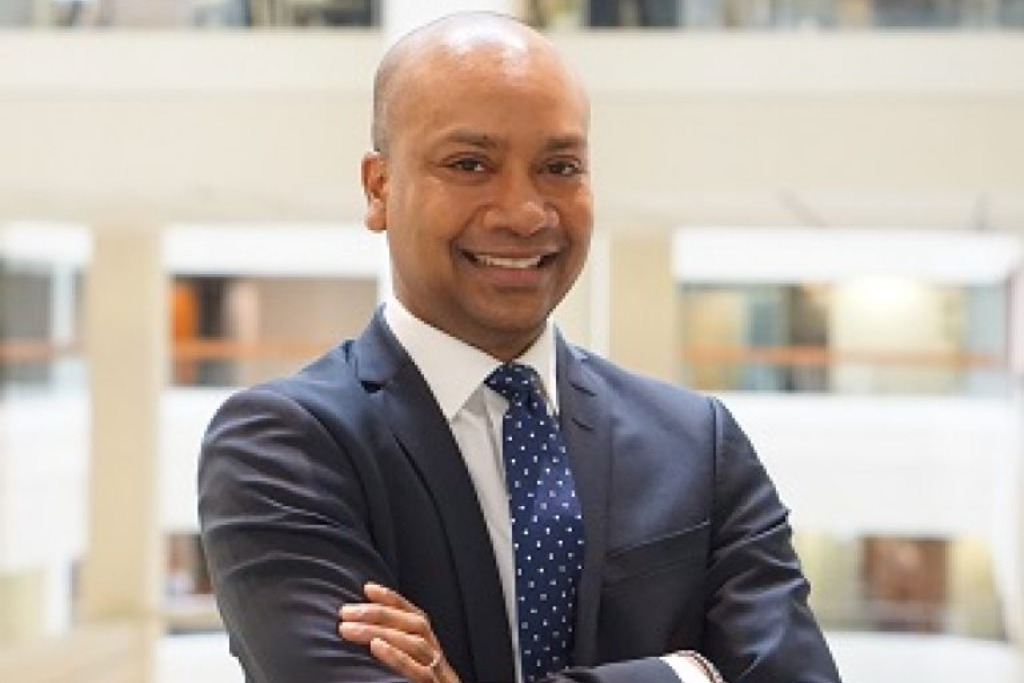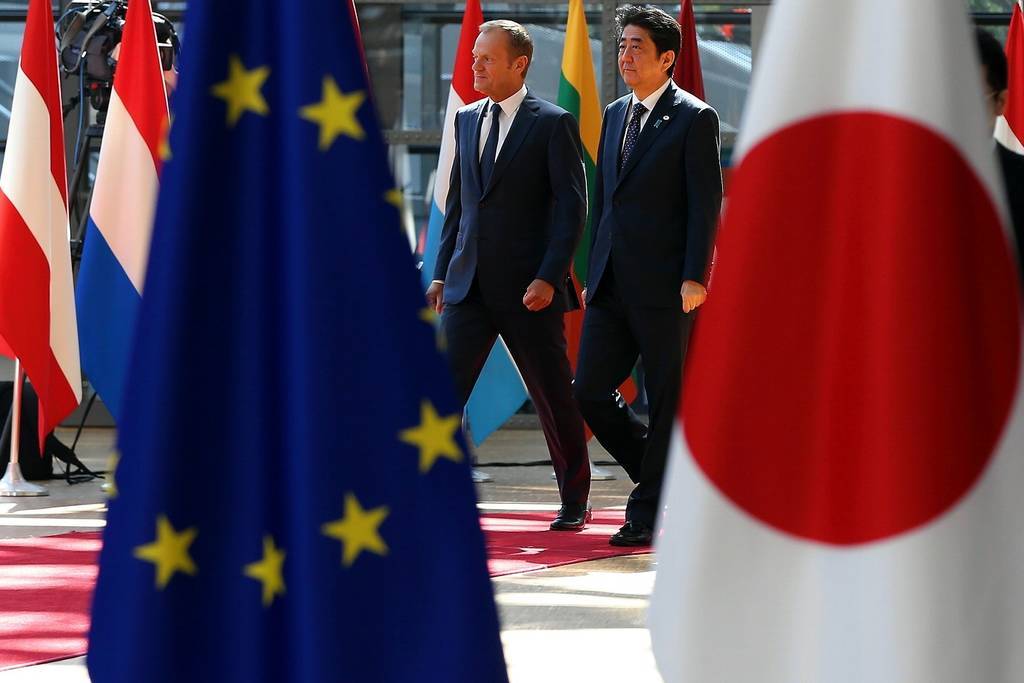Course Overview

The “Certified Trade Finance Expert” programme is a 12-week course designed to provide participants with a comprehensive understanding of the mechanisms, instruments, and practices involved in financing international trade. This course is tailored for business professionals, finance officers, trade managers, bankers, and students who aim to deepen their knowledge of trade finance and its application in the global market. The course covers a wide range of topics, including payment methods, trade finance instruments, risk management, documentation, and the latest technological innovations. Through a mix of lectures, case studies, practical exercises, and assessments, participants will gain the skills and knowledge necessary to excel in the dynamic field of trade finance.
Find a programme
Course Content

The course is structured into twelve modules, each of which focuses on crucial areas of trade finance. To guarantee that the subject is fully understood and applied in real-world situations, the modules comprise lectures, case studies, practical exercises, and assessments. Participants will:
» Gain a foundational understanding of trade finance, its importance, key players, and various instruments used.
» Learn about different payment methods in international trade and their associated risks and processes.
» Explore key trade finance instruments like letters of credit, bank guarantees, and trade credit insurance.
» Understand different financing options for trade transactions, including pre-shipment and post-shipment finance, factoring, forfaiting, and supply chain finance.
» Learn to identify and mitigate risks in trade finance, and ensure compliance with trade regulations.
» Understand the essential documents required for trade finance and how to manage common discrepancies.
» Explore how technology, including blockchain and fintech solutions, is transforming trade finance.
» Apply trade finance concepts through case studies, practical exercises, and simulations.
Find a programme
Key Takeaways

At the end of the course, participants will:
» Have a comprehensive understanding of trade finance instruments and their applications.
» Be able to identify and mitigate risks associated with international trade.
» Understand the documentation requirements and processes involved in trade finance.
» Gain insights into the latest technological innovations in trade finance.
» Be equipped to apply trade finance solutions in real-world scenarios.
Find a programme
Target Audience

The following categories can register for the programme:
» Entrepreneurs and business leaders involved in international trade.
» Finance professionals looking to deepen their knowledge of trade finance.
» Managers responsible for overseeing trade operations and finance.
» Banking professionals involved in trade finance and related services.
» Individuals pursuing studies or research in finance, economics, and international trade.
» Professionals providing consultancy services in trade and finance.
Find a programme
